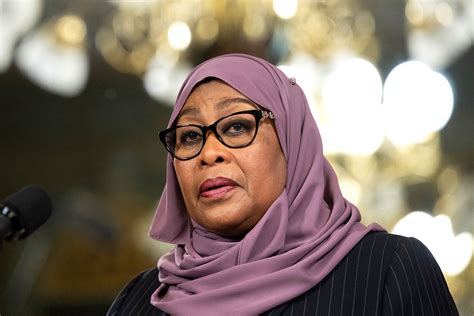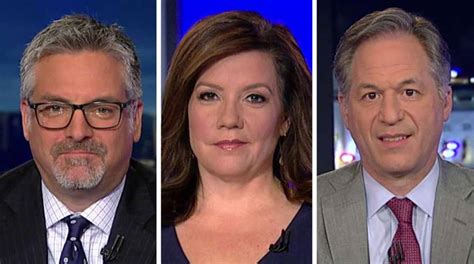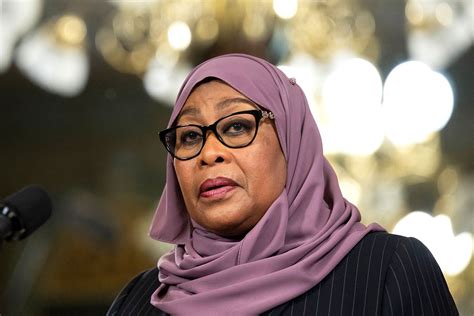The Central Bank of Nigeria (CBN) took a significant step over the weekend by announcing its decision to inject $197.71 million into the country’s Foreign Exchange (FX) market. This move comes in response to the recent increase in import tariffs policy implemented by the United States government, which has raised concerns and uncertainties in global markets.
Injecting Liquidity for Stability
In a bid to ensure sufficient liquidity and maintain the smooth operation of the FX market, the CBN emphasized that this action aligns with its broader objective of fostering a stable, transparent, and efficient foreign exchange environment. According to Omolara Duke, Director of the CBN’s Financial Markets Department, this intervention aims to support market activity and uphold stability amidst ongoing economic shifts.
Addressing Recent Market Movements
The CBN acknowledged the impact of recent events on the foreign exchange market dynamics between April 3-4. Notably, there was almost a 1% depreciation in the value of naira against the US dollar during this period. The bank attributed these fluctuations to global macroeconomic trends triggered by new import tariffs imposed by the United States.
Expert Analysis:
Dr. Adebayo Nwankwo, an economist specializing in international trade, highlighted that such interventions are crucial during times of economic volatility. He noted that while tariff changes can disrupt trade flows, proactive measures like injecting funds into FX markets help stabilize currencies and mitigate short-term shocks.
The Threat to Nigerian Exports
With US President Donald Trump’s imposition of minimum baseline tariffs on imports impacting several nations including Nigeria, concerns have risen about potential disruptions in Nigeria’s exports to the US—particularly crude oil, a vital component of Nigeria’s economy. The latest policy shift poses challenges for Nigerian goods entering US markets and could affect key sectors like energy and agriculture.
Navigating Oil Price Volatility
As crude oil prices experience a decline—affecting oil-exporting countries such as Nigeria—the CBN highlighted new challenges facing these economies. The fluctuating oil prices present additional complexities for countries heavily reliant on petroleum revenues like Nigeria.
Expert Insights:
Professor Funmi Adegbile, an energy economics expert at a leading university in Lagos, explained that falling oil prices impact not just government revenue but also investment decisions within Nigeria’s energy sector. She emphasized that diversification efforts become more critical during periods of price instability.
Maintaining Resilience Amidst Challenges
Despite evolving global conditions and domestic market uncertainties, the CBN expressed confidence in Nigeria’s foreign exchange framework designed to adapt effectively to changing fundamentals. The bank reassured stakeholders about its commitment to monitoring market conditions closely while urging Authorized Dealers to uphold transparency and best practices in their dealings.
In conclusion,
The CBN’s strategic injection into the FX market reflects proactive measures aimed at safeguarding economic stability amid external pressures. As uncertainties persist due to shifting global trade dynamics and commodity price fluctuations, Nigeria faces both challenges and opportunities requiring adaptive policies and resilient strategies for sustainable growth.









Leave feedback about this